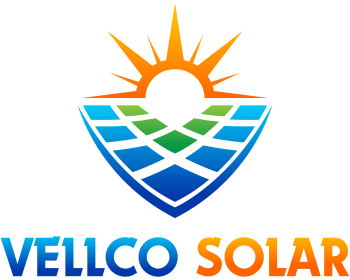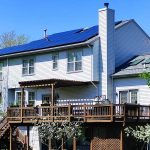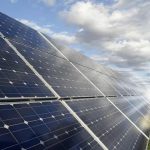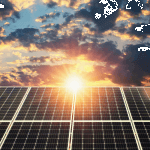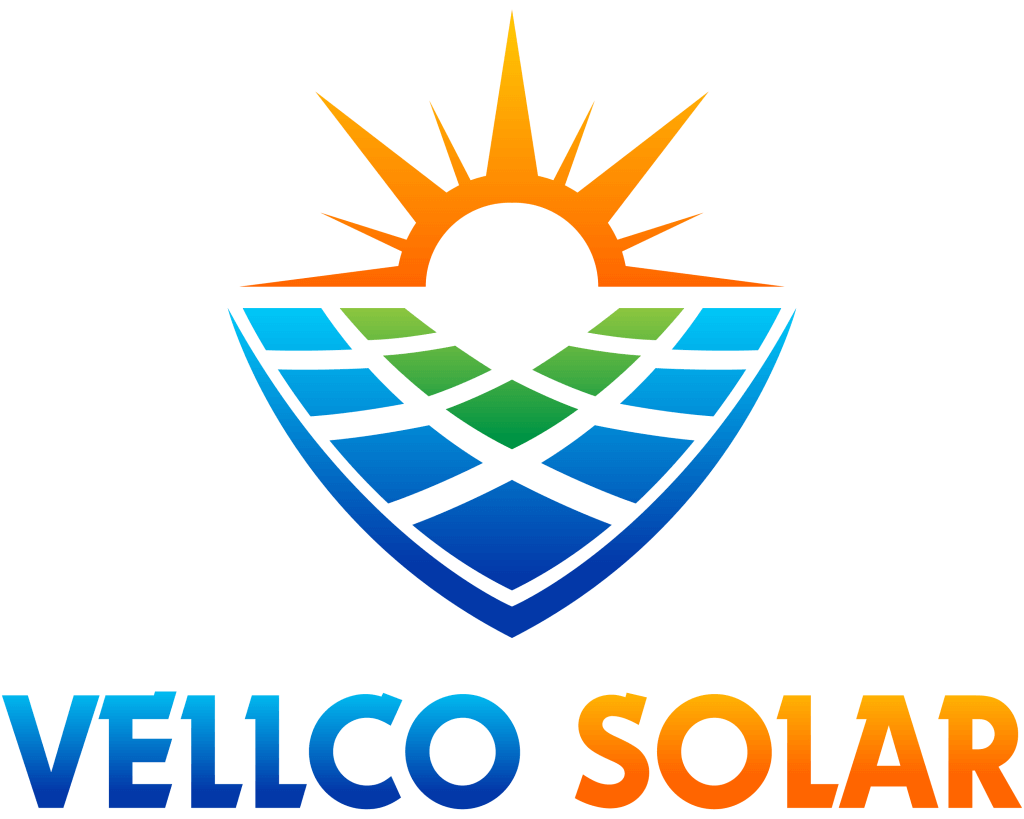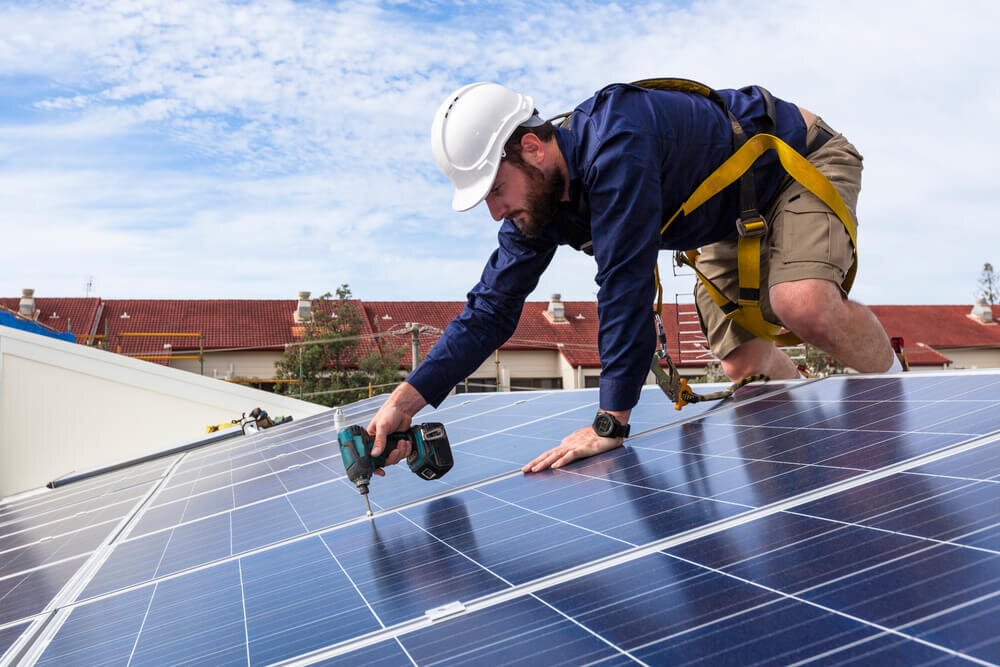
Introduction to solar energy
Solar energy is a clean and renewable source of power that harnesses the sun’s energy to generate electricity. It is becoming increasingly popular as a sustainable alternative to traditional fossil fuels. Solar panels, also known as photovoltaic (PV) panels, are installed on rooftops or in open spaces and convert sunlight into usable electricity through the photovoltaic effect.
Solar energy offers numerous benefits, including reducing greenhouse gas emissions, lowering utility bills, and providing energy independence. Additionally, solar power systems require minimal maintenance and have a long lifespan.
The use of solar energy helps combat climate change by reducing reliance on non-renewable resources and decreasing carbon dioxide emissions. It also promotes sustainable living and contributes to a cleaner environment.
As technology continues to advance, solar energy is becoming more affordable and accessible for both residential and commercial use. By harnessing the power of the sun, individuals and businesses can take advantage of this abundant source of clean energy while reducing their carbon footprint.
Benefits of solar energy
Solar energy offers numerous benefits, making it an attractive choice for both residential and commercial use. One of the main advantages is its positive impact on the environment. Solar power generates electricity without producing any harmful greenhouse gas emissions, helping to reduce dependence on fossil fuels and combat climate change.
Another benefit of solar energy is its potential for significant cost savings. By generating your own electricity, you can reduce or even eliminate your utility bills. Additionally, some governments and utilities offer incentives and rebates for installing solar panels, further reducing the upfront costs.
Solar energy also provides energy independence. With a solar power system, you are less reliant on the grid and vulnerable to fluctuations in energy prices. This can provide peace of mind during times of power outages or when energy costs are high.
Lastly, solar panels have a long lifespan and require minimal maintenance. Once installed, they can continue to generate clean electricity for decades, providing a reliable source of renewable energy.
Overall, by harnessing the power of the sun, solar energy offers environmental sustainability, financial savings, and greater control over your energy needs.
How to choose a solar contractor
When choosing a solar contractor for your solar energy project, there are several factors to consider. First, ensure that the contractor is licensed and certified in solar installation. This will guarantee that they have the necessary expertise and knowledge to handle your project effectively. Look for contractors with a track record of successful installations and positive customer reviews.
Additionally, it’s important to evaluate the company’s experience and reputation in the industry. Ask about their years in business and the number of solar projects they have completed. A reputable contractor will be able to provide references from previous clients.
Obtain multiple quotes from different contractors to compare pricing and offerings. Be wary of any unusually low or high quotes, as they may indicate subpar materials or hidden costs.
Finally, consider the contractor’s financing options, warranties, and after-sales services. A reliable solar contractor should offer competitive financing options and provide comprehensive warranties on their products and installation work.
By taking the time to research and evaluate different solar contractors, you can choose a professional, experienced, and reputable contractor that best suits your needs and ensures a successful solar installation.
Factors to consider when evaluating solar contractors
When evaluating solar contractors for your project, there are several important factors to consider. First and foremost, make sure that the contractor is licensed and certified in solar installation. This ensures that they have the necessary expertise and knowledge to handle your project effectively.
Experience and reputation are also key factors to look at. Consider how long the contractor has been in business and the number of solar projects they have completed. You can ask for references from previous clients to get an idea of their work quality and customer satisfaction.
Comparing quotes from different contractors is crucial to ensure you’re getting a fair price. Be cautious of any unusually low or high quotes, as they may indicate subpar materials or hidden costs.
Finally, consider the contractor’s financing options, warranties, and after-sales services. A reliable contractor should offer competitive financing options and provide comprehensive warranties on their products and installation work.
By carefully considering these factors, you can choose a reputable and experienced solar contractor that meets your specific needs and ensures a successful installation.
Top solar contractors in Northern Virginia
When it comes to finding top solar contractors in Northern Virginia, there are several outstanding options to consider. Vienna Solar Company is known for its exceptional service and expertise in solar installations. With their team of experienced professionals, they offer residential and commercial solar energy solutions tailored to meet individual needs. Another highly regarded firm is SolarTech Energy Systems, renowned for their quality workmanship and cutting-edge technology. They specialize in providing affordable solar energy systems in Vienna and the surrounding areas.
For those looking for reliable solar energy services, Solar Solutions is a trusted name in the industry. They have a proven track record of successful installations and offer competitive pricing options. Additionally, Nova Solar is recognized as one of the premier solar energy companies in Virginia, offering comprehensive design, installation, and financing solutions.
These top-rated solar contractors in Northern Virginia strive to provide sustainable and cost-effective renewable energy solutions while helping customers reduce their carbon footprint.
Case studies of successful solar installations
Several case studies in Northern Virginia highlight the successful installations of solar energy systems. In one instance, a residential property in Vienna saw a significant reduction in electricity bills after installing a rooftop solar panel system. The homeowners were able to generate their own clean, renewable energy and even received credits for excess power produced through net metering.
Another case study features a local business that transitioned to solar power. By installing commercial solar panels on their premises, the company not only reduced their carbon footprint but also enjoyed long-term cost savings on their energy bills. This move towards sustainable energy helped position them as an environmentally responsible business.
In yet another example, a nonprofit organization in Northern Virginia installed a large-scale solar array on their facility. The solar panels provide clean electricity, which has allowed them to redirect funds previously spent on utility bills towards furthering their mission.
These case studies demonstrate the numerous benefits and advantages of investing in solar energy systems for both residential and commercial properties in Northern Virginia.
Tips for maximizing solar energy savings
To maximize solar energy savings, there are several tips homeowners and businesses in Northern Virginia can follow.
- Optimize system performance: Regularly clean and maintain solar panels to ensure they are operating at peak efficiency. Trim nearby trees or objects that might cast shadows on the panels and reduce energy production.
- Monitor energy usage: Keep track of how much electricity is being consumed and try to make adjustments to reduce overall usage. Implement energy-saving practices, such as using LED lights, turning off appliances when not in use, and utilizing programmable thermostats.
- Take advantage of net metering: If your solar energy system is connected to the grid, take advantage of net metering programs offered by utility companies. This allows you to earn credits for excess electricity produced by your system during times of high production.
- Consider battery storage: Investing in a battery storage system allows you to store excess energy generated by your solar panels for later use when sunlight is scarce or during power outages.
- Explore financing options: Look into available incentives, grants, and financing options for solar installations in Northern Virginia. These financial incentives can help offset the initial cost of installation and increase long-term savings.
By implementing these tips, residential and commercial property owners can maximize their solar energy savings while reducing their carbon footprint and contributing to a more sustainable future.
